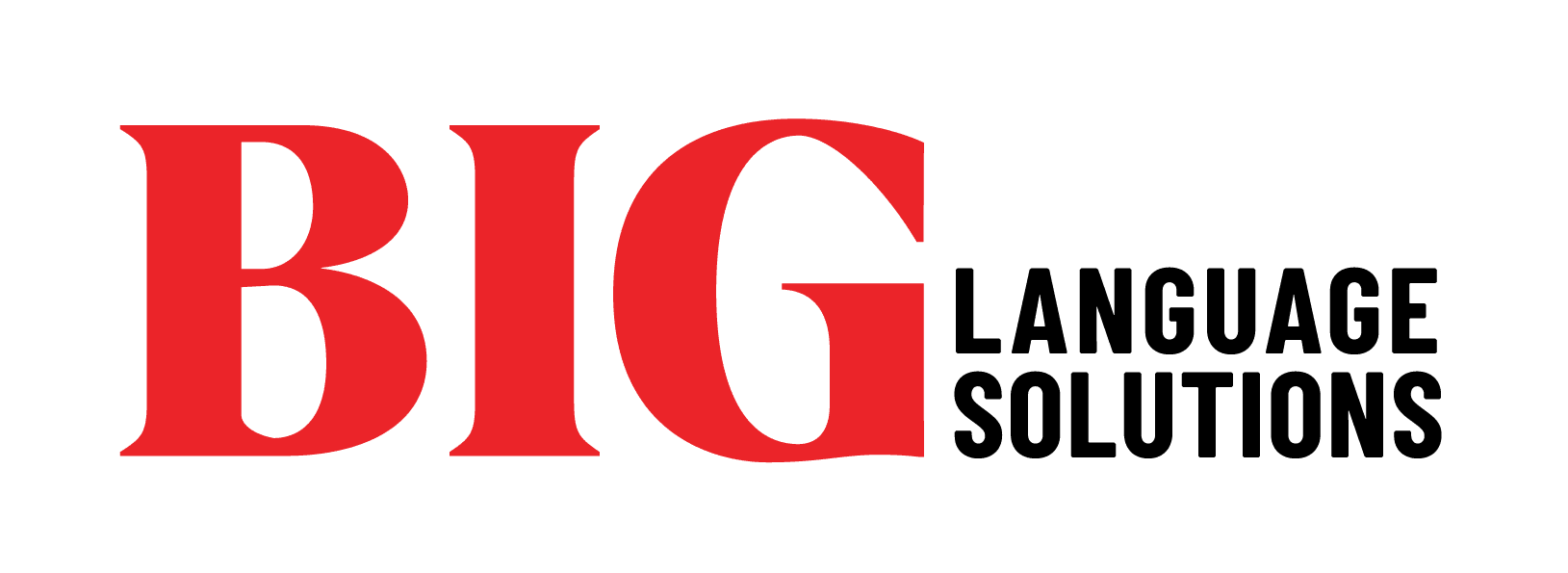Choosing a Quality Over-the-Phone Interpretation Provider

Essential Factors to Consider in an OPI Partner Once you learn of the business benefits of using over-the-phone interpretation (OPI) services, your #1 question may be what to look for in an interpretation provider. In this well-established industry, there is a seemingly endless choice of translation and interpretation agencies, known as language service providers, around the […]
How to Prepare for the EU Accessibility Act: A Guide for Finance

With the EU Accessibility Directive taking effect in June 2025, financial institutions face new pressure to ensure their digital content is translated and truly accessible. From plain-language standards to alternative formats like braille and subtitles, we break down what accessible translations really look like and what it takes to meet the directive across every language you serve.
Beyond the Illusion of Precision: How BIG Uses AI the Right Way in Patent Translation

AI can do amazing things. It analyzes trends, interprets language, and generates text that reads as if it were written by a human. But it also has a serious flaw. It can be wrong, and convincingly so.
AI, Automation, and the Future of Language Services: A Conversation with Dan Nelson

Global enterprises of all types have long struggled to provide language services quickly and accurately enough to those who need them, without overstretching tight budgets. Now, artificial intelligence is bringing smarter, more adaptable solutions for these problems within reach. But what does that actually look like in practice? Can AI reduce wait times for interpreters, […]
Reliable OPI for Non-Majority Languages

Most organizations have a plan in place for language assistance in widely spoken languages like Spanish. But what if someone with limited English proficiency (LEP) requests over-the-phone interpreting (OPI) in a language or dialect you’ve never heard of? Languages of lesser diffusion (LLDs) can be difficult to cover, and when no interpreter is available, communication […]
Top 8 Ways to Stretch Your Language Access Budget

With language access requirements and needs changing all the time and budgets getting even tighter, increasing spending on language access isn’t an option. However, spending smarter is—and we’re here to help you figure that out. Technology and a clear plan focused on top priorities can help you stretch your budget while maintaining quality and ensuring […]
How BIG Language Solutions is Redefining Translation Quality with AI-Enhanced MTPE and Custom Language Models

Some days it seems like Artificial Intelligence has already taken over the world. Ranging from driver-assistance to interactive virtual tour guides, just about every industry is adopting some form of AI in an effort to make things easier, faster, and more efficient. In the field of translation services, BIG Language Solutions understands that there is […]
How We Handle Massive Volumes of Customer Communications with LanguageExpress™

How do you translate thousands of documents quickly and accurately without breaking compliance rules and without drowning in detail and manual work? Companies in regulated industries, like healthcare payors, face this challenge daily. Payors, for instance, must provide members with clear, multilingual communications such as Explanation of Benefits (EOBs) and appeals letters, on tight deadlines […]
Quality Assurance for Over-the- Phone Interpretation Services

How You Can Trust Every Word Outstanding customer service leads to exceptional customer experience and high satisfaction scores. But how can you be sure your OPI vendor provides this each time one of your community members speaks to an interpreter representing your organization? You also want assurance that your vendor will provide you with attentive […]
How to Choose High-Quality Interpreters for Community Health Settings

There are 3 foundational reasons why providing non-native English speakers with interpretation support is so critical in community health: To meet these goals, easy access to a large pool of skilled interpreters to help convey medical information is a must. Language skills are only part of the picture. Interpreters working in healthcare need specialized training, […]
